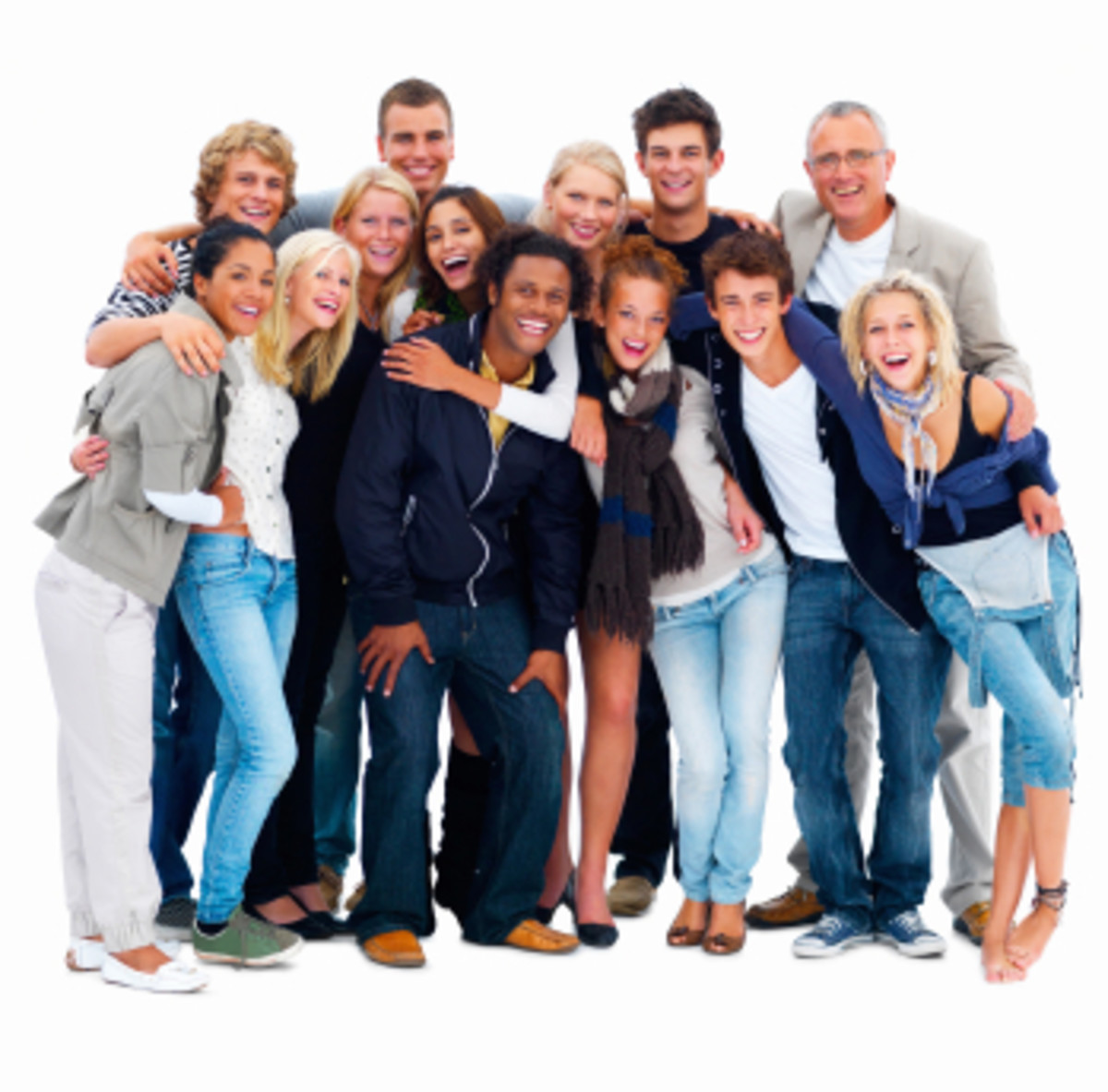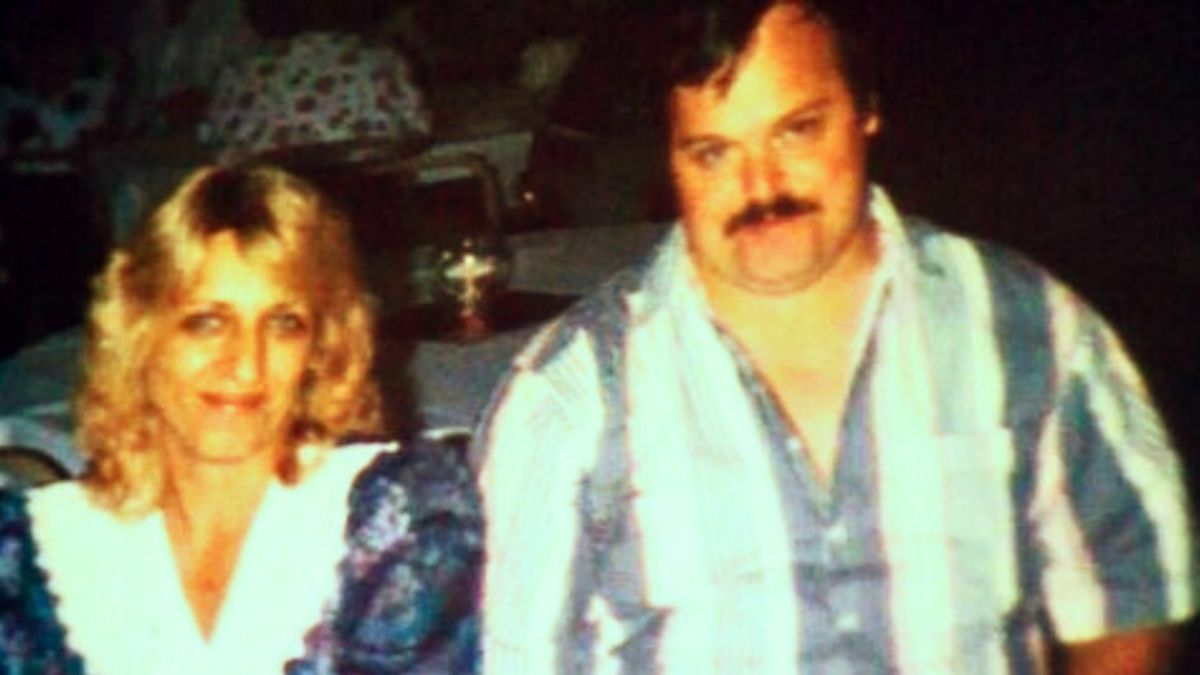The Politics of Being Human

Many ancient wisdom texts speak on the subject of interactions with other humans. To name a few, the Semitic Judeo-Christian traditions outline very detailed rules for personal interactions in both the Jewish and Christian Bibles that are explained and somewhat modified in the New Testament, Talmud and writings by rabbis, saints and other religious leaders over the millennia. Taoist writings primarily from China have tended to be written more tersely and left more open to individual interpretation.
Buddhist writings often tell us that by delving within ourselves we can find the connection between all of us, and digging still deeper access the greater illusion that there are, in fact, no individuals but only one all-encompassing consciousness. Taoism gives this consciousness a bit more personification, speaking of The Sage as the teacher and leader of humankind and The Creative as the Higher Power above all, these being manifestations of the Tao, or force that runs through everything. Many later Jewish writings echo this belief, equating God to an all-encompassing Power that exists in all things. Christianity also cites the universal presence of God in various forms in every facet of life.
Asked to distill their beliefs about human behavior, the Judeo-Christian traditions boil it down to this: Love God above all else and love your neighbor as yourself. This is the basis of the 'Golden Rule' that can be stated either negatively or positively: "Do to others as you would have them do to you," or, "Do not do to others what you would not have done to you." Buddhism and Taoism both prescribe self reflection and self correction as the primary mechanisms for finding how to deal correctly with others.
Looking closely at these rules for life, they all seem to be trying to communicate the same message. To do to others what you want done to you, first you must know what you want done to you. To love others as you love yourself, you must first love yourself. Well, when you love somebody, what do you want to do? You want to get to know them. To truly love yourself it is the same: you must get to know yourself. The better you know you, the more deeply you will be able to love you.
Pure love is about instant forgiveness. When you love someone, you are quick to think the best of them and slow to think badly of them. If they do something wrong, you instantly feel that their heart was in the right place and that it was an honest mistake. When you love someone, all of their virtues shine bright and their flaws are either endearing or easy to forget or ignore.
Once you have learned to consistently treat yourself with love, tolerance and forgiveness, you will be ready to interact with others on that basis. You will know the good feeling of being forgiven and praised and you will want to share these wonderful feelings with others. A key element of tolerance of others is receptivity - being receptive to the differences of others. When you have accepted and learned to love your own uniqueness you will be ready to love the uniqueness of others. You will be ready to look outward and love what you see.
Tools of Human Politics
From the firm basis of love we can look outside ourselves and see the human race. My, it really seems to be a race, doesn't it? People are running all over the place - running after material things, love, status and power. By glancing inward you will be able to compare yourself with these others and see what it is you may be chasing. Right away you will notice a bit of anxiety, thinking someone is getting yours. Good! Now you have found one of the roots of all problems with human interaction.
Love
First and foremost, love is the most important tool of human politics. Love will guide you and comfort you. Love yourself and love your fellow humans. Whatever happens, remember always that you love you and you love them, too. Once you learn to love, the rest comes naturally.
Detachment
It does not matter what anyone else gets; it only matters what you get. Detach yourself from what others get because it really has nothing to do with you.
- Detach yourself from possessions and you will never feel deprived or cheated.
- Detach yourself from others and you will free yourself from the suffering and sadness of blaming others for your loneliness. If one person leaves, another will come.
- Detach yourself from outcomes and you will not waste time and energy worrying about them.
- Detach yourself from any preconceived notion of 'success' and you will trade ambition for happiness and calm.
Humans spend a lot of time thinking about what other humans think. This is the most important thing to detach yourself from because you will never really know what anyone really thinks, even if they tell you. Everyone has different life experiences and a different point of view and both change constantly from moment to moment. Therefore, even if you were able to recreate the exact thought process in your brain that occurred in theirs, by the time you did so the other person will have changed enough to make your recreated thought irrelevant. That is why worrying about what others are thinking is the biggest waste of time and energy there is in the physical experience.
Detach yourself from desiring the good opinion of others and you will gain happiness that is strong and independent.
Equanimity and Modesty
Once you have learned to love yourself and have gained the freedom of being detached you will realize that you are the best thing on the planet - to you, that is. Everyone else feels (or should feel) the same way about themselves. Best thing on the planet: me. You are what enables you to experience this wonderful physical existence in your own unique way. This is a precious gift that belongs to everyone.
Because the gift of unique physical experience belongs to all, we should be modest about our own gift. Ours is no better than any other. Therefore if we give advice and the recipient rejects it, we are not offended. It is up to the other to accept or reject what we think of as wisdom. Remembering that we are all unique, what is wise to me might be folly to you, and both of us might be correct.
Just as you are grateful for your own fantastic luck in being you, you should also be grateful that others also have this marvelous opportunity. Because we all have this same miraculous good fortune, we must all be grateful for each others' good luck.
The success of your neighbor is your success. Your neighbor's joy is your joy. Be quick to give others the right of way. Let your help flow freely to others. To help another is to help yourself.
Equanimity disarms most aggression because aggression cannot be sustained against one who is open to compromise. The universe itself defends the one who seeks equity and peace.
Innocence
Innocence is a formidable weapon that breaks open tough, well constructed walls erected to protect the fearful.
To be innocent is to always expect the best from others. The innocent believes that everyone has her best interest at heart, and no one wants to raise themselves by stepping on his head. Innocence ignores hidden agendas and double meanings, and smiles at hurtful speech, thinking it is in jest.
Innocence deflects anger and inspires joy.
Service
Everything you do for another will come back to you tenfold. The person of charitable acts is revered and honored by all. But more than this, service to others is a validation of the good person you are.
The better you feel about yourself, the easier you will find yourself to love, and since loving yourself is the first and most important steps toward negotiating the physical existence happily, serving others is like exercise that strengthens your core: it makes the basis of your strength stronger.
When you can say you are a good person who helps others, you gain a healthy pride in who you are. You are not concerned with what people think of you because you know you are a good person. Since helping others brings you joy, you do it more often and find their is less time for worry, anger or sadness. Therefore you suffer less when you help others.
Love, detachment, equanimity, modesty and service are strong and effective tools for negotiating the politics of life because they put you outside petty competitions or grievances and put you in the arena of true happiness and joy. And who does not want a life of happiness and joy. In know I do. Don't you?










